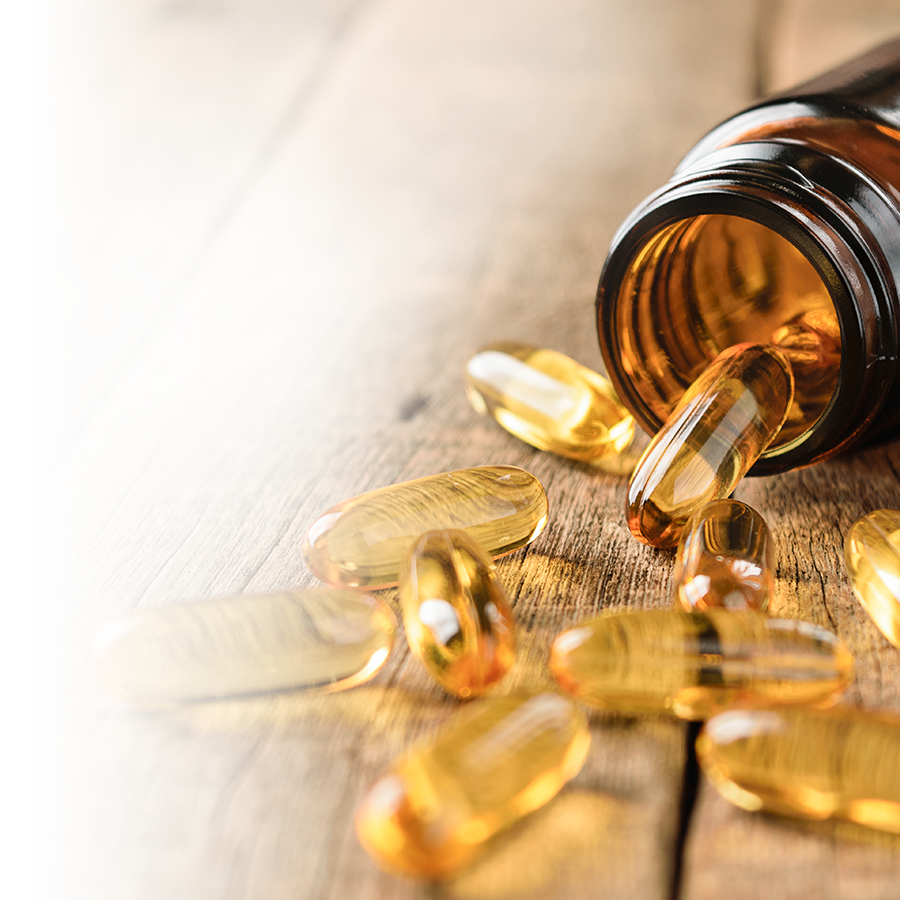Caution and accurate information are always important when taking medication, and natural health products are no exception!
What is a natural health product (NHP)?
Although some people are reluctant to take medication, they show a great amount of trust when it comes to natural health products, commonly called “natural products”. Perhaps this due to the use of the word “natural”, an almost magical word increasingly used in advertising.
On its own, this word encapsulates simplicity and authenticity, and can even generate a feeling of comfort and trust. References such as “100% natural”, “made entirely from natural ingredients” and “natural flavours” appear on a host of different products found on the market.
Natural products can sometimes be a worthwhile option to maintain health or to prevent or treat a medical condition. That being said, the same caution and thoroughness should be used with these products as with any other medications, whether they are prescribed or sold over the counter.
Medication is defined as any substance having curative or preventive properties regarding human or animal diseases. If a substance is considered sufficiently active from a pharmacological perspective to have a beneficial effect, it is also likely to cause some adverse effects. Natural products are no exception to this rule.
NHPs are natural substance-based products that can help to maintain or restore good health and are part of the following categories:
- vitamins and minerals
- medicinal plants
- homeopathic products
- trace elements
- traditional remedies (i.e., Chinese or Indian)
- supplements (i.e., probiotics or omega 3), and
- essential oils
Are natural products effective?
Without generalizing across the board, it is important to note that natural products have not been the subject of thorough scientific studies to the extent of the drugs used in traditional medicine. Therefore, it is sometimes difficult to draw strong conclusions on their effects, either beneficial or harmful. Sometimes, a product, such as glucosamine, is widely studied in a certain medical context. A large number of studies show its effectiveness against the pain related to osteoarthritis, a form of arthritis.
Always ask your pharmacist if studies prove a product’s effectiveness before presuming that it is effective. Use caution, as false claims are often made about them, such as on the Internet. This is why it’s important to choose a reliable source of information.
Are natural products safe?
It would be a mistake to believe that a product is necessarily safe because it comes from a natural source. The proof is that mercury, arsenic and digitalin are all highly toxic and even deadly substances that come directly from nature!
Although most natural products are safe and cause few side effects, they are not entirely without risk. Since these products are generally not thoroughly studied, the information pertaining to adverse effects, toxicity risks and drug interactions is often lacking. This is why it can be difficult to accurately determine the dosage required to reap the benefits of the product being used.
The use of natural products can be linked to the following risks:
- there may be potential manufacturing deficiencies (contamination, discrepancy between the actual content of active ingredients and what is indicated on the label, etc.)
- false claims about a product could cause someone to delay a doctor’s visit that is necessary
- these products may cause drug interactions with other medications you take, whether or not they are prescribed
- they can also cause adverse effects, including allergic reactions or toxic effects
How can you make optimal and safe use of natural products?
Here is some sound advice about the use of natural products:
- Do not replace an essential medication by a natural product without first obtaining the approval of a healthcare professional.
- Check with your pharmacist to see if the product you wish to use is supported by scientific data.
- Ask your pharmacist what the most common side effects are, and if it could cause a drug interaction with the medications you take.
- Choose a known brand that has proven its worth in terms of product quality, and professional integrity and ethics.
- Look for Health Canada registered (approved) products that have a product licence. The label contains an eight digit Natural Product Number (NPN).
The optimal and safe use of medication requires being well-informed before taking any substances capable of having a therapeutic effect, regardless of its origin. It is important to be able to weigh the benefits and risks related to their use. Whatever the circumstances, use the best tool at your disposal; your critical thinking!
Speak to your pharmacist for additional information about natural products.

